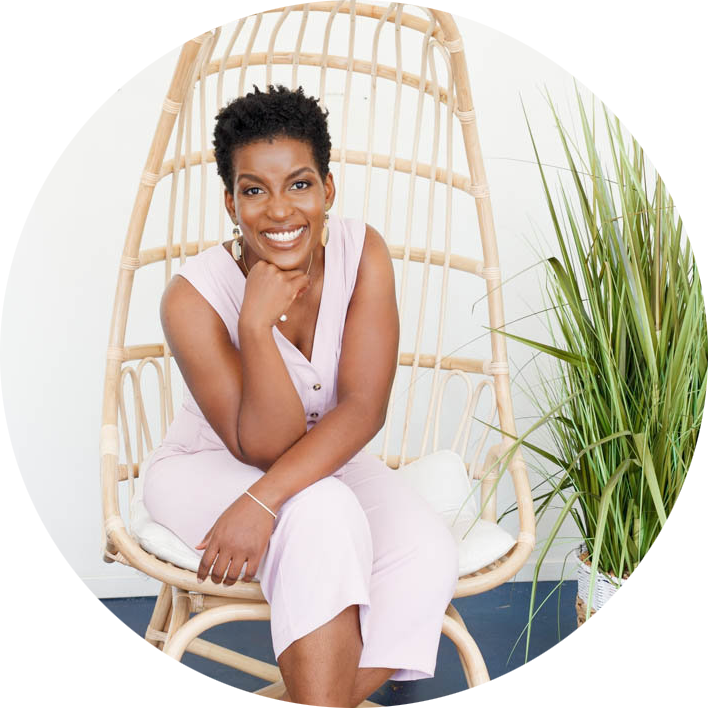3 Tips to Help You Be Intentional with Your Money
“I make sure my bills are paid and I put money in a savings account but I'm so busy running my business that I always put the rest of my finances on the back burner.”
“I have made more money than I’ve ever made before but I have no idea where it is going!”
“Since I started working for myself, I haven’t stuck to a budget because I don’t have consistent income.”
Have those words ever run through your mind when you start thinking about your finances? My guess is that you’ve probably found yourself in a similar financial rut. I also imagine you would like to ease the tension you feel around money and start making smart, intentional money choices so you can take control of your finances and enjoy a life you love.
For myself, and my clients, being intentional means doing things on purpose and being deliberate about what we spend money on, where we spend our money and how we feel when we’re making financial decisions.
If you want to want to learn how to do that too, you can start with these three steps:
1. Create A Vision
When I started getting intentional with my money, what I wanted most was financial freedom. For me, freedom looked like being free of debt and having the freedom to use my money to fund future goals like retirement and saving for my first home. It mattered because I wanted to start to build a legacy of my own and I knew that financial freedom would play a vital role in allowing me to have choices in the future, whether that was the choice to travel abroad with friends or the choice to spend time with my family.
Make It Personal: Block out 20 minutes to write your own financial vision for where you want to be a year from now, and why it matters. Your why will be your roadmap for being deliberate when you’re making financial decisions.
2. Schedule Money Dates With Yourself
I started having money dates with myself in college and they’re still a part of my weekly schedule. What’s a money date? A money date is a date with your bank account. I like to say that my bank accounts love language is quality time so I devote at least 30 minutes each week to make sure my weekly spending habits align with my values. I use this time to make sure that I’ve paid bills and prepare for expenses before my next money date. Being in my bank account each week means I know exactly where my money is going, ensures that I proactively plan for expenses, and helps me stay grounded in my goals.
Make It Personal: Put 30 minutes on the calendar each week to check in with your spending habits, pay bills, and set intentions for how you will use your money for the week ahead.
3. Start Tracking Your Money
Everything changed when I started tracking my money. It may seem simple but this practice has helped me develop a clearer picture of where my money is going and helped me break free from the overwhelm and stress of being in a financial rut because I’ve built a self-awareness of my money moves day to day.
Make It Personal: If you want to get out of a financial rut and be more intentional with your spending, you need to build self-awareness of what you spend your money in your business and beyond.
If you want to get real and find out where your money is going, you can download my free Financial Habit Tracker here. Inside, you’ll get a tool to start tracking your finances for the next five days so you can…
Finally, know where your revenue is going
Know how much money you’re consistently making
Maximize your income so that you’re able to save more and minimize your spending
Align your spending to your values so that you can enjoy doing the things you love
Creating the space to be intentional with your money will open doors you never imagined. It’s easy to start getting into this habit. Download my free Financial Habit Tracker here.
Keina is the founder of Wealth Over Now. She works with passionate and hardworking single women who need help clearing clear financial goals so that they can save more, get out of debt, and stress less about money.

